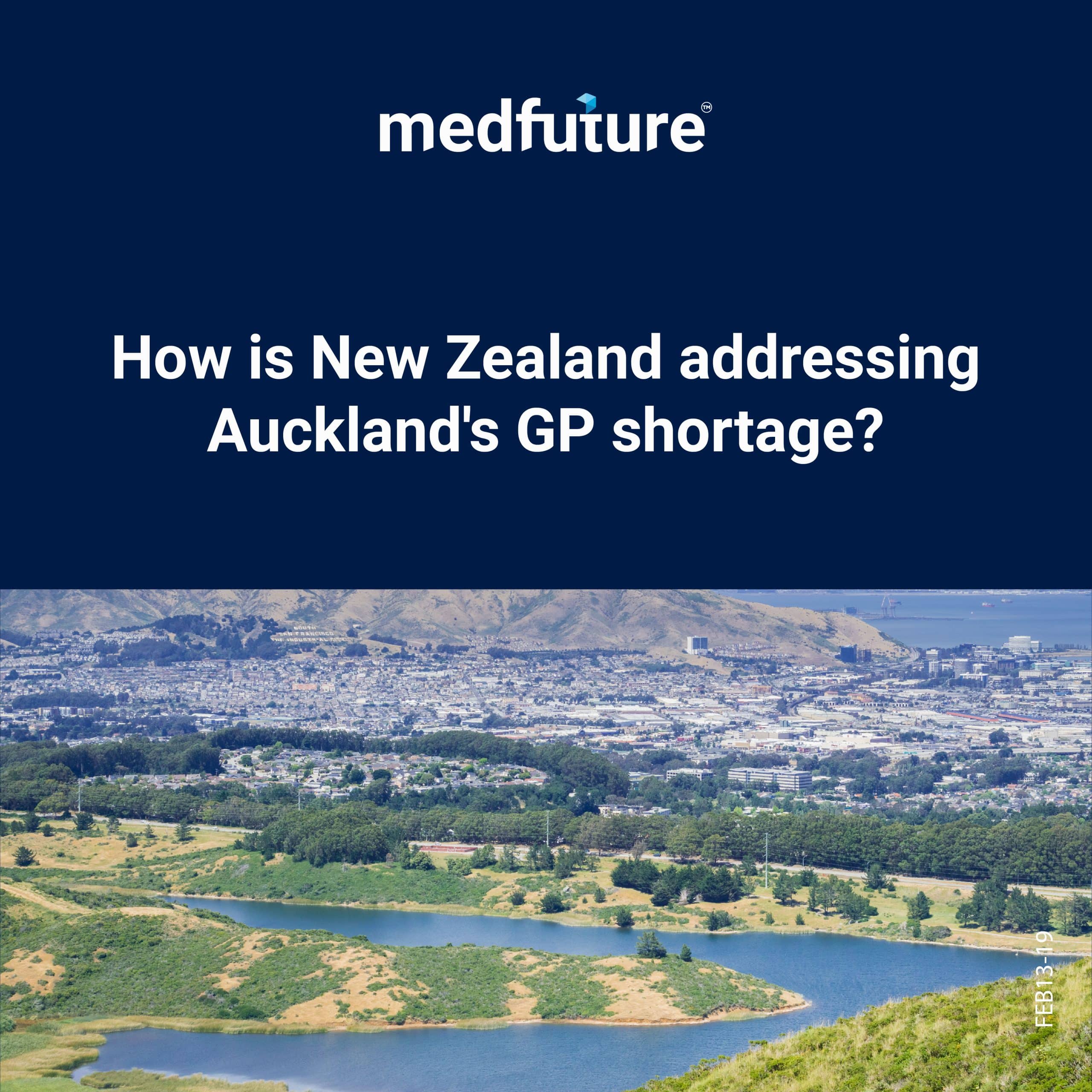Australia’s vast and diverse landscape includes numerous rural communities facing a critical need for healthcare professionals. In these regions, the call for doctors is urgent, presenting a unique opportunity for International Medical Graduates (IMGs) to contribute to the well-being of underserved populations. This article aims to guide IMGs and local doctors alike by highlighting specific rural communities actively seeking medical professionals.
Why Rural Australia Needs Doctors
In these rural communities, challenges like limited access to healthcare facilities, extended travel distances, and smaller populations contribute to compromised health outcomes. By choosing to practice in these areas, doctors can actively bridge the healthcare gap, making a substantial impact on community health and well-being.
Australian rural communities are currently facing a significant shortage of healthcare professionals, particularly doctors. This issue is especially prevalent in remote, regional, and indigenous communities where the need for medical services is higher due to various socioeconomic factors. According to the data, approximately 30% of the Australian population and 65% of Indigenous Australians reside in these areas, making it crucial to address this disparity.
Internationally Medical Graduates (IMGs) play an essential role in addressing the doctor shortages in rural Australia. Currently, around 27% of all General Practitioners (GPs) in rural areas are IMGs, while in towns with less than 50,000 people, this percentage increases to 36-38%. Moreover, high proportions of rural OTDs working as GPs face restrictions on their practicing locations due to Australian policy requirements. Therefore, there is a growing demand for IMGs to contribute to the rural medical workforce capacity.
Benefits for IMGs
IMGs considering a move to rural Australia can find numerous advantages in such placements. Exposure to a diverse range of medical cases, the opportunity to contribute meaningfully to community well-being, and potential financial incentives or support programmes make rural practice an appealing prospect. The experience gained in these settings can be both professionally and personally enriching.
Here’s a look at the benefits awaiting IMGs in rural practice:
Diverse Medical Exposure:
Rural settings often present a broader spectrum of medical cases, offering IMGs the opportunity to enhance their clinical skills across various specialties.
Exposure to a diverse patient demographic fosters adaptability, resourcefulness, and a well-rounded medical experience.
Community Contribution and Impact:
IMGs have the chance to make a tangible and meaningful impact on community health. Their role extends beyond the clinic, as they become integral members of tight-knit communities.
Contributing to health education, preventive care initiatives, and community outreach programmes allows doctors to address health disparities at a grassroots level.
Professional Enrichment and Skill Development:
Rural practice fosters a hands-on and collaborative approach to healthcare, providing opportunities for professional growth and skill development.
The autonomy and responsibility that come with rural medicine allow IMGs to refine their decision-making skills and expand their medical expertise.
Financial Incentives and Support Programs:
Many rural communities offer financial incentives, competitive remuneration packages, and support programmes to attract and retain healthcare professionals.
These incentives may include relocation allowances, subsidised housing, and student loan assistance, easing the transition for IMGs.
Quality of Life and Work-Life Balance:
Rural living often offers a higher quality of life, with access to natural landscapes, a strong sense of community, and a slower pace of life.
The close-knit nature of rural communities fosters a supportive environment, promoting a healthier work-life balance and overall well-being.
Professional Recognition and Appreciation:
IMGs in rural areas often receive heightened professional recognition and appreciation from the community.
The impact of their work is palpable, leading to a sense of fulfilment and accomplishment as they witness the positive changes they bring to the community.
Rural Areas Experiencing Shortages
According to data from the Department of Health, several rural communities in Australia currently require more doctors to address existing gaps in service provision. Some of these areas include:
Outback Queensland: With vast distances between settlements and limited resources, Outback Queensland faces persistent struggles attracting and retaining qualified medical professionals. IMGs interested in making a meaningful contribution may find fulfilling roles here.
Northern Territory: Home to numerous indigenous communities, the Northern Territory experiences chronic shortages of healthcare providers. IMGs committed to improving Aboriginal health could explore opportunities in this region.
Regional Western Australia: Mining booms and expansive agricultural lands create unique healthcare demands throughout various parts of WA’s countryside. IMGs seeking adventure alongside rewarding work might consider joining these vibrant communities.
Tasmania: Smaller island state Tasmania often grapples with recruiting sufficient medical staff. For IMGs keen on picturesque landscapes and close-knit communities, Tassie offers ample prospects.
IMG Opportunities in Rural Australia
IMGs bring a wealth of experience and skills to the table, and many rural regions in Australia recognize and appreciate the valuable contributions they can make to their communities. Partial comparability programmes allow IMGs to leverage their international training and experiences to meet local accreditation requirements. Moreover, these communities often provide tailored support programs, including mentorship, orientation, and cultural integration initiatives, to help IMGs seamlessly integrate into the local healthcare ecosystem.
Benefits of Practicing in Rural Australia
Choosing to practice in rural Australia offers a myriad of benefits for IMGs. Beyond the satisfaction of making a tangible impact on the health and well-being of the community, doctors in rural areas often enjoy a more relaxed lifestyle. The close-knit nature of these communities fosters a supportive environment for professional growth, collaboration, and skill diversification.
Support Systems for IMGs
To ensure success in these challenging roles, adequate support systems must be available for IMGs transitioning into Australian rural practice. Programmes such as the “More Doctors for Rural Australia” initiative aim to facilitate this process by providing orientation resources, mentorship programs, and assistance with regulatory compliance. Additionally, consider engaging with organisations like the Rural Doctors Association of Australia (RDAA), which advocates for improved rural healthcare infrastructure and offers networking opportunities.
In conclusion, the urgent need for doctors in rural Australia presents a unique opportunity for IMGs to play a pivotal role in shaping the future of healthcare in these regions. By bridging the gap between healthcare providers and underserved communities, IMGs can embark on a fulfilling journey that not only enhances their professional careers but also enriches the lives of those they serve.
Contact Medfuture Medfuture, as a leading medical and healthcare recruitment company, is dedicated to facilitating International Medical Graduates (IMGs) in finding rewarding opportunities in rural Australia. Our tailored support services include guidance through the accreditation process, personalised orientation programmes, and assistance in navigating the unique challenges of rural healthcare settings.





